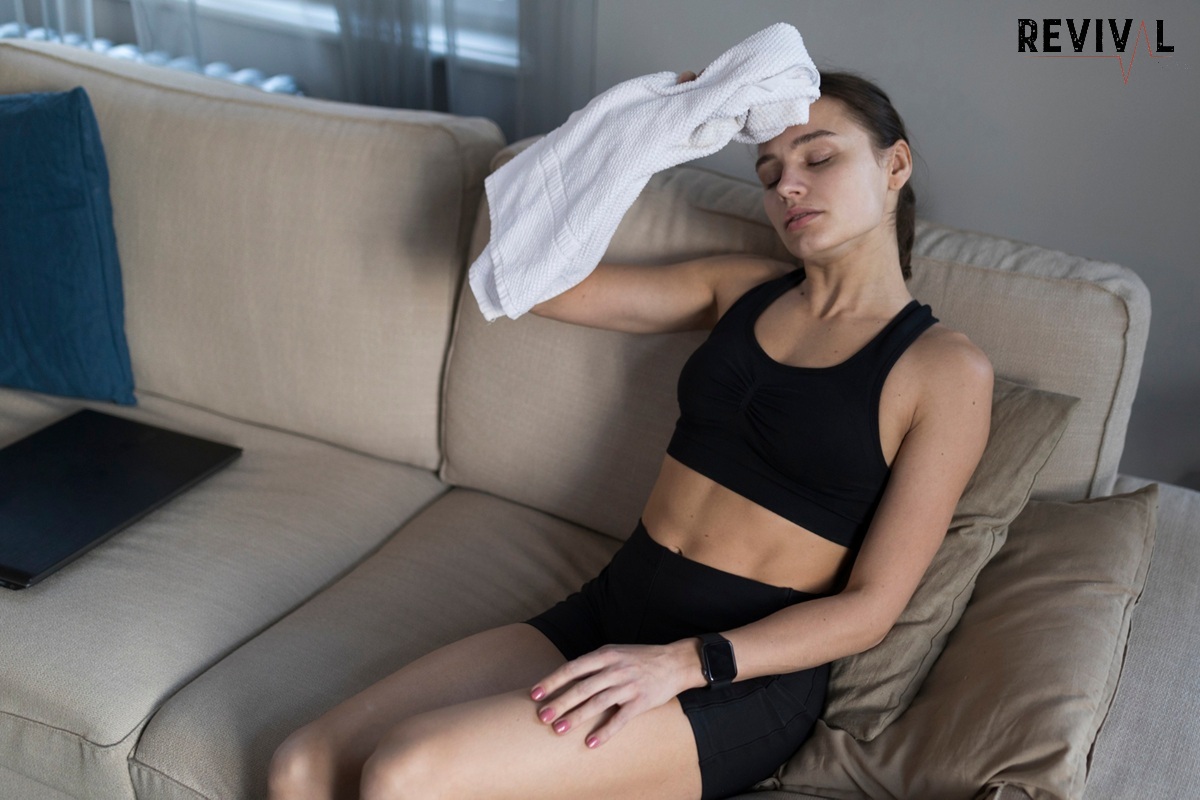
Why Hydration Matters More Than You Think for Fitness and Recovery
You’ve probably heard that water is essential to health, but when it comes to fitness, hydration and performance go hand in hand. Whether you’re lifting weights, running, or training for a sport, water fuels nearly every process your body uses to perform, repair, and recover.
Dehydration can reduce strength, slow down fat loss, increase injury risk, and make workouts feel harder than they need to be. In this blog, we break down the true impact of hydration on your fitness goals—and how to stay properly hydrated all day.
The Role of Hydration in Fitness Performance
Your body is made up of about 60% water, and during exercise, you lose fluids through sweat and respiration. Even a 1-2% drop in hydration can affect energy levels, coordination, and mental focus.
Key benefits of staying hydrated during workouts:
- Maintains optimal body temperature
- Supports joint lubrication and muscle contraction
- Delivers nutrients to muscles and removes waste
- Regulates heart rate and blood pressure
- Improves endurance and stamina
When you’re properly hydrated, your body runs more efficiently, helping you perform better and recover faster.
Hydration and Recovery: Why Water Isn’t Just for During the Workout
Hydration plays a crucial role after exercise too. Recovery isn’t just about protein shakes and stretching—it also requires replacing the fluids and electrolytes you lost.
How hydration supports recovery:
- Helps repair tissues and muscles
- Speeds up digestion and nutrient absorption
- Flushes out metabolic waste from intense exercise
- Prevents cramping and delayed onset muscle soreness (DOMS)
Without adequate hydration, recovery slows down, and your progress in strength or fat loss may stall.
What to Eat Before and After a Workout
Signs You Might Be Dehydrated (Even Mildly)
Many people don’t recognize early signs of dehydration, especially if they’re used to training in hot or humid conditions.
Common symptoms include:
- Dry mouth and fatigue
- Headaches or lightheadedness
- Muscle cramps
- Rapid heart rate during low-effort activity
- Dark yellow urine
Even mild dehydration can lead to reduced focus, poor decision-making, and early fatigue during workouts.
How Much Water Do You Really Need?
There’s no one-size-fits-all answer, but here are some general guidelines:
- General population: 2.7 liters/day for women, 3.7 liters/day for men (includes fluids from food)
- Active individuals: Add 0.5 to 1 liter per hour of exercise
- After workouts: Rehydrate with 16-24 oz of water for every pound lost in sweat (if measured)
If you’re exercising intensely or in heat, your needs will be higher. Carrying a reusable water bottle throughout the day helps you sip consistently instead of chugging.
The Role of Electrolytes in Hydration
While water is the foundation, electrolytes (like sodium, potassium, and magnesium) are also essential. These minerals help your body:
- Retain water and prevent excessive urination
- Maintain muscle function and nerve signaling
- Avoid cramps and dizziness
You can replenish electrolytes through food (leafy greens, bananas, nuts, sea salt) or recovery drinks. For long workouts (over 60 minutes), especially in heat, an electrolyte supplement can help maintain performance.
Tips for Staying Hydrated All Day
- Start your day with a glass of water
- Drink 16–20 oz before your workout
- Sip water every 15–20 minutes during training
- Add lemon or a pinch of sea salt to encourage intake
- Eat water-rich foods (cucumbers, oranges, watermelon, lettuce)
- Use a tracker or app to build awareness of your intake
How Nutrition and Exercise Work Together to Transform Your Body
How Revival Fitness Helps You Build Smart Habits
At Revival Fitness, we educate clients on all pillars of health—not just movement. Our trainers help you:
- Set hydration goals
- Pair nutrition plans with your training
- Understand how fluid intake affects recovery
- Build sustainable fitness habits that stick
Whether you’re working with a coach or following a custom personal training program, hydration is built into your fitness plan.
Don’t Let Dehydration Undermine Your Hard Work
You could be doing everything else right—but if you’re not hydrated, your results will suffer. Make water and electrolyte balance a daily priority, not just a last-minute thought at the gym.
Contact us to learn how our team can support your entire wellness journey—from training and nutrition to hydration, recovery, and lifestyle design.
What to Eat Before and After a Workout
How Nutrition and Exercise Work Together to Transform Your Body
How to Measure Fitness Progress Without Obsessing Over the Scale

